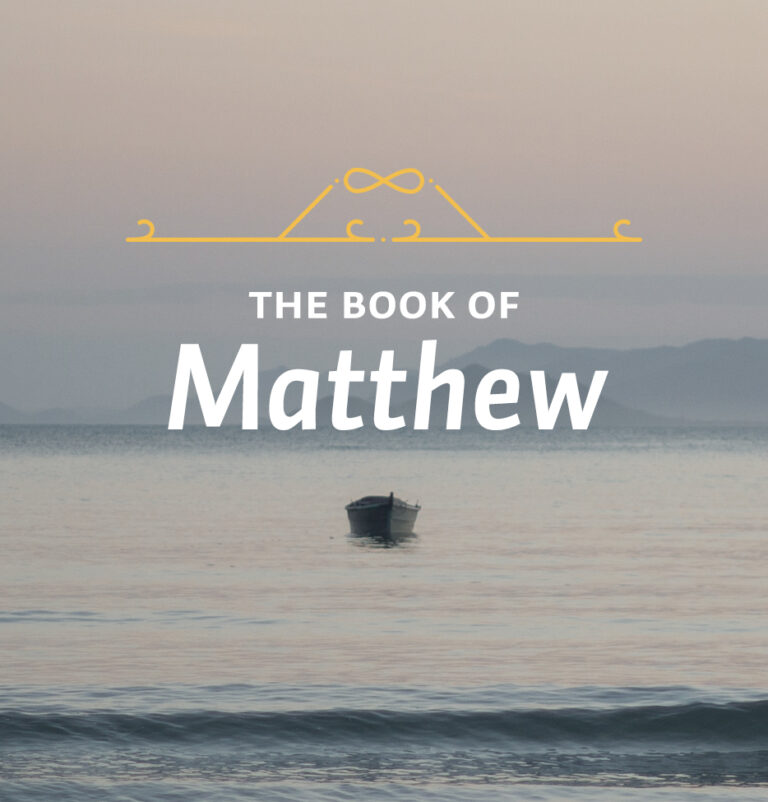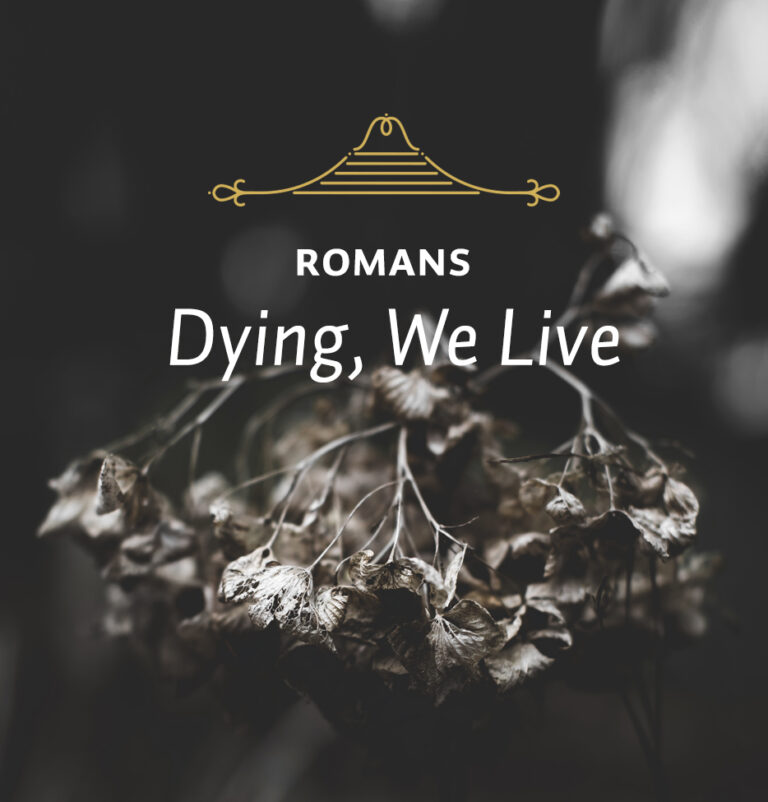
Monday: Eating Loss
Sermon: Have We No Rights?
Scripture: Matthew 5:38-42
In this week’s lessons, we see that we are not to demand our rights, but instead, like Jesus, we are to pattern his self-sacrifice and service.
Theme: Eating Loss

Sermon: Have We No Rights?
Scripture: Matthew 5:38-42
In this week’s lessons, we see that we are not to demand our rights, but instead, like Jesus, we are to pattern his self-sacrifice and service.
Theme: Eating Loss

Sermon: Have We No Rights?
Scripture: Matthew 5:38-42
In this week’s lessons, we see that we are not to demand our rights, but instead, like Jesus, we are to pattern his self-sacrifice and service.
Theme: The Right to Retaliation

Sermon: Have We No Rights?
Scripture: Matthew 5:38-42
In this week’s lessons, we see that we are not to demand our rights, but instead, like Jesus, we are to pattern his self-sacrifice and service.
Theme: Our Great Example

Sermon: Have We No Rights?
Scripture: Matthew 5:38-42
In this week’s lessons, we see that we are not to demand our rights, but instead, like Jesus, we are to pattern his self-sacrifice and service.
Theme: The Right to Our Time and Money

Sermon: Have We No Rights?
Scripture: Matthew 5:38-42
In this week’s lessons, we see that we are not to demand our rights, but instead, like Jesus, we are to pattern his self-sacrifice and service.
Theme: Cross-Bearing
Let me close by making this personal. What is your attitude toward all that I have been saying? Are you still dealing with the questions of your rights and your wrongs? Or are you learning to live the kind of life lived for us by the Lord Jesus?

I do not like the word “paradox” used in reference to Christian teachings, because to most people the word refers to something that is self-contradictory or false. Christianity is not false. But the dictionary also defines “paradox” as any statement that seems to be contradictory, yet may be true in fact, and in that sense there are paradoxes in Christianity.

The principle of sacrifice is so foundational to the doctrine of the Christian life that we must be very careful to lay it out correctly, and in order to do that we need to review the foundations for this foundation.

Redemption from sin by Christ is not the only doctrine the Christian life of self-sacrifice is built on. A second foundation is our having died to the past by having become new creatures in Christ, if we are truly converted.

So I ask, who are you willing to believe? Yourself, reinforced by the world and its way of thinking? Or Jesus Christ? I say “Jesus” specifically, because I want to remind you of His teaching from the beginning of the Sermon on the Mount. He speaks there about how to be happy. Indeed, the word is even stronger than that. It is the powerful word “blessed,” meaning to be favored by God.

Paul’s words in Romans 12:1-2 are an urgent appeal to us to do something, to offer ourselves as living sacrifices to God. This is not done for us. It is something we must do. This leads to the fourth and final foundational truth. It is the “obedience that comes from faith,” which Paul wrote about early in the letter, saying, “Through him and for his name’s sake, we received grace and apostleship to call people from among all the Gentiles to the obedience that comes from faith” (Rom. 1:5).

Canadian Committee of The Bible Study Hour
PO Box 24087, RPO Josephine
North Bay, ON, P1B 0C7